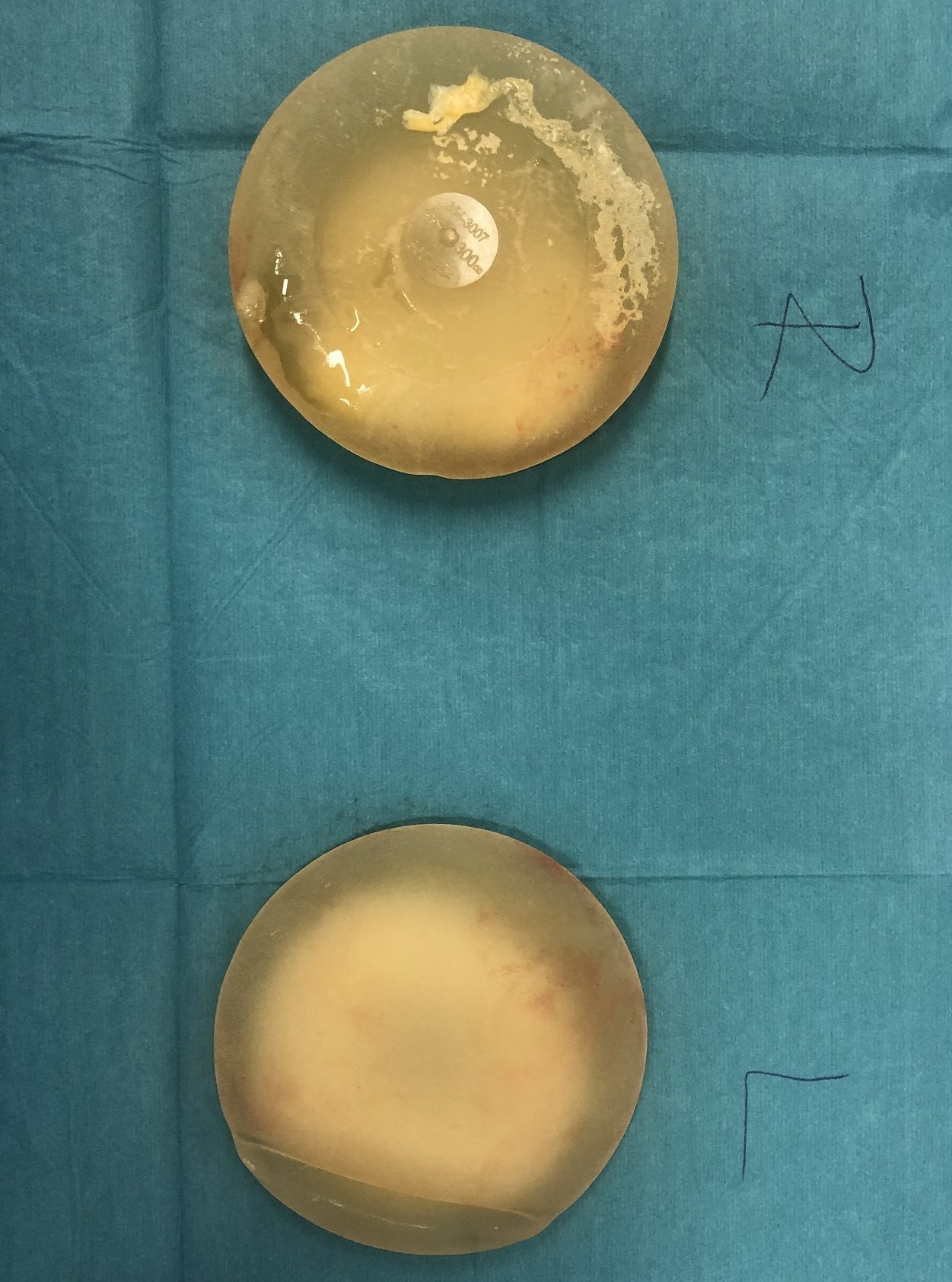How Long Do Silicone Breast Implants Last?
Although implants are designed to be as safe as possible, they are a manufactured product and do not last forever. I have come across hundreds of patients in my career who said they were never told they needed to be replaced. But this is wrong. Breast implants do not last forever. The shell of the implant is the outer fabric, a thicker layer of vulcanised silicone. It comprises several layers and should included a barrier layer to reduce silicone molecule bleed through the shell. But once the implant is in your body, there is some gradual change to the shell that weakens it. MRI studies have previously shown that the rupture rate is around 10% within 10 years with increased rates beyond that. For this reason I regard the renewal time (if patients have not had an earlier problems) to be best considered at 10-years.
What is a Silent Breast Implant Rupture?
Silent breast implant rupture is where there are minimal or no symptoms in the breast, no abnormal clinical signs found by your specialist. Even breast ultrasound and breast MRI can miss a small or early implant rupture. This means those tests are not 100% accurate. If you have a concern then you might need to consider surgical exploration and removal of silicone breast implants.
Example Case
This lady had implants that were over 10 years old. She had felt uncomfortable on one side for a few years and this was gradually getting worse. However her breast looked and felt normal. There were no palpable lymph nodes in the arm pit. She was otherwise physically well. Breast ultrasound revealed no signs of implant rupture. A decision was made to remove the implants and explore the implant pocket. During surgery it was evident that there was a leak in the right breast implant. With pressure on the implant the hole is evident. There was gloopy fluid in the pocket which is a mixture of mucus like fluid and silicone. Even a cohesive silicone implant will breakdown partly to produce liquid silicone material in the pocket. I found some signs of inflammation in the implant pocket that is likely due to mild irritation from the leaked silicone. The operation was straightforward, and comprised several components: removing the implant, inspecting the implant capsule, removing all of the leaked silicone, cleaning the pocket, and taking a biopsy of the inflamed area for extra safety. This will be analysed by a pathologist. We did not re-augment on this occasion, and her breast shape has remained very good. We expect an excellent recovery to normal health.
If you have any concerns about your implant and want a check up, we offer private appointments at Spire Hospital Leeds and the Leeds Nuffield. You should always see an expert so ensure you check the details about your specialist. Please contact my secretary to organise any appointments, or use the contact us booking form on my web site.



